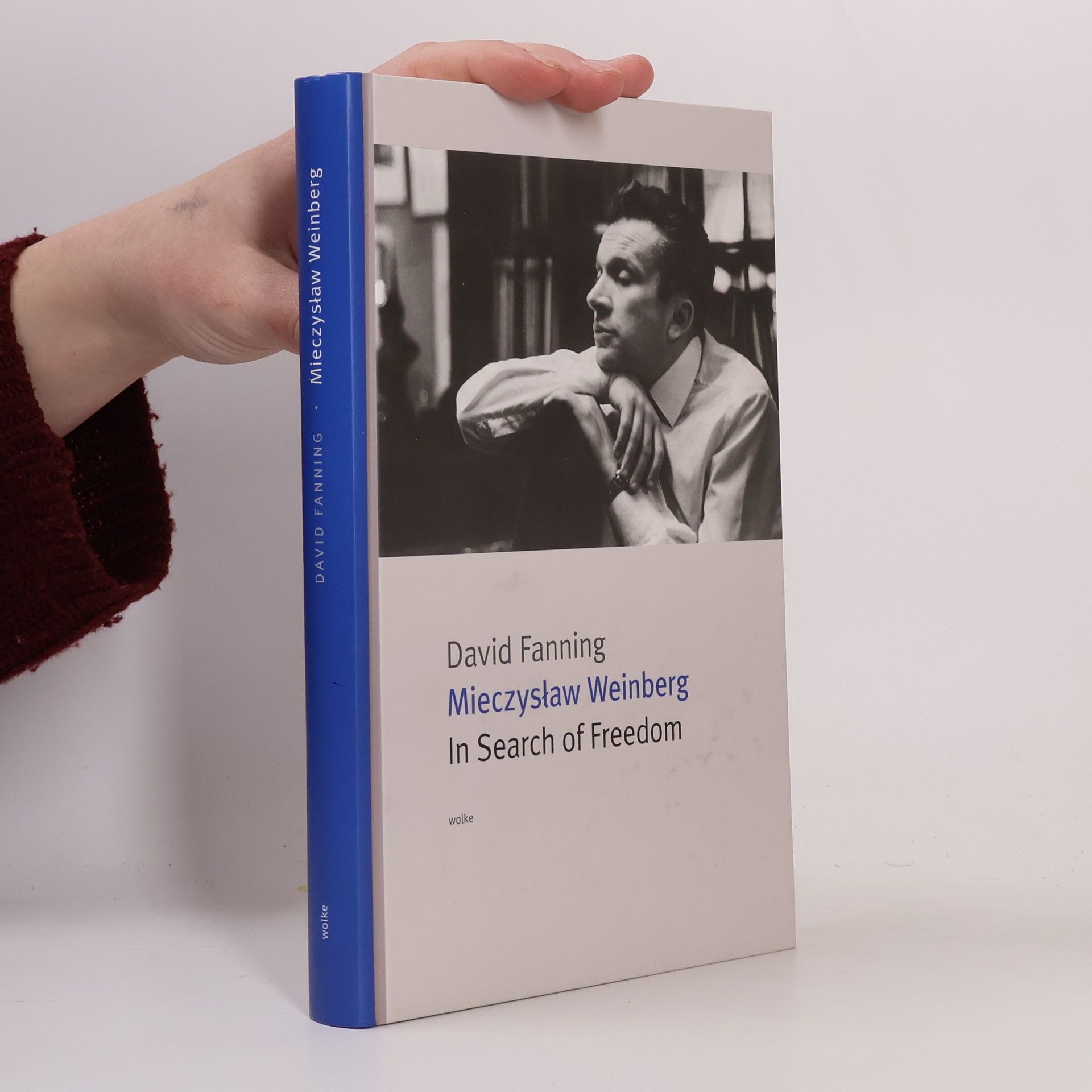Mieczyslaw Weinberg
- 248 stránok
- 9 hodin čítania
David Fanning bol vodcom loajalistov počas Americkej revolučnej vojny, ktorého život bol plný konfliktov a dramatických zvratov. Hoci sa zúčastnil mnohých menších stretov a dokonca zajal guvernéra Severnej Karolíny, sám bol viackrát zajatý a vždy unikol alebo získal milosť. Jeho pamäte, vydané posmrtne, vykresľujú obraz muža, ktorého metódy a kontroverzný odkaz z neho robia fascinujúcu postavu amerických dejín.




Highlighting the definitive work of Carl Nielsen, Denmark's most renowned composer, this book delves into his significant contributions to music and explores his unique style and influence. It provides insights into Nielsen's life, his creative process, and the cultural context of his compositions, offering readers a comprehensive understanding of his legacy in the world of classical music.
Focuses on the multi-disciplinary development of expressionism, setting it in a cultural, political and historical context. The contributors explore the manifestations of this influential, yet loosely-defined, movement in painting, music, theatre, sculpture, film, opera, architecture and dance.